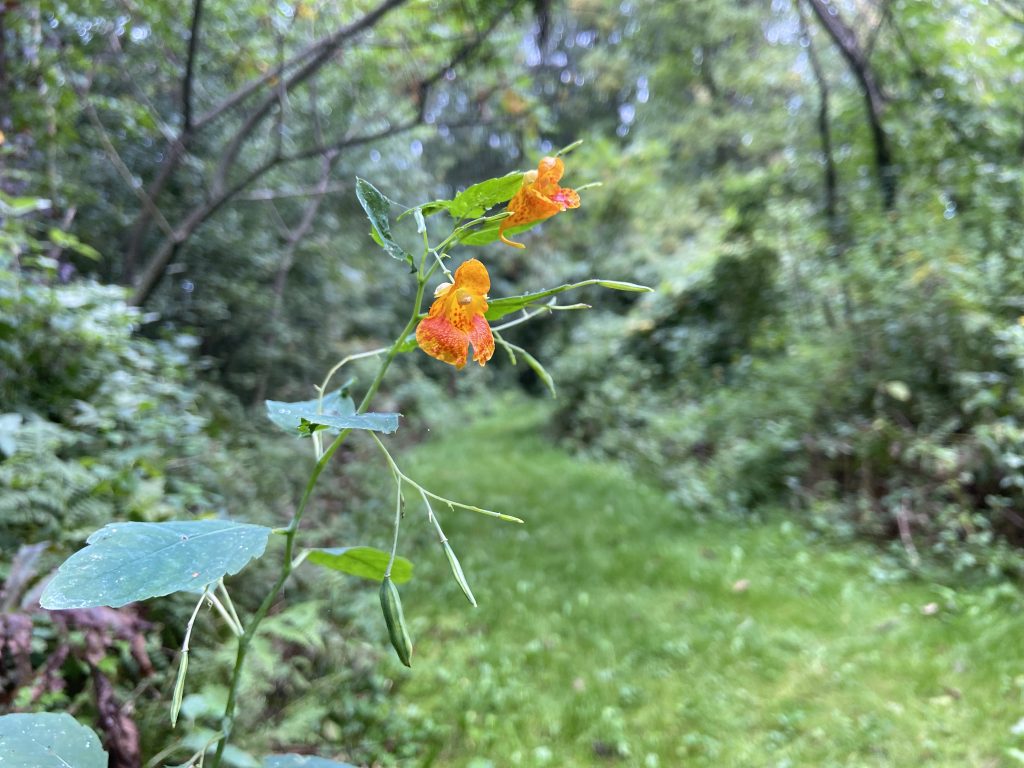
The Raisin Region Conservation Authority’s (RRCA) Cooper Marsh Conservation Area offers ideal ground for hundreds of different plant species. From jewelweed to sweetgrass, these plants not only support the rich variety of animals at the Marsh, but many have also traditionally provided medicine, food, and other uses to local Indigenous peoples such as the Mohawks of Akwesasne.
For those looking to broaden their local botanical knowledge, the RRCA is partnering with the Mohawk Council of Akwesasne’s (MCA) Environment Program to offer a free outdoor educational workshop on September 29, from 9:30 a.m. to 12 p.m. at Cooper Marsh Conservation Area, where participants will discover the various cultural uses of some of the plants found at the Marsh.
“We will explore the Marsh’s different areas and learn how their varying conditions can be conducive to nurturing different plant species which have various cultural uses, not only for food and medicine, but also for activities such as making cordage, weaving mats, and building old-school fish traps,” says Kayla Sunday, MCA’s Environmental Services Manager. “There will be a little bit of history, some botany, and a whole lot of love for creation.”
As spaces are limited, pre-registration is required on the RRCA website at rrca.on.ca.
“This workshop is the second in a free educational series offered at Cooper Marsh by the RRCA and its community partners through the Cooper Marsh Biodiversity Project,” says RRCA Stewardship Specialist, Brendan Jacobs. “In August, an aquatic invertebrate workshop had participants collecting and identifying field samples and learning how they could use their catches’ varying levels of pollution tolerance as water quality indicators. We are thrilled to now offer this workshop with our partners from MCA to showcase the cultural uses of some of the many plants found at Cooper Marsh.”
The Cooper Marsh Biodiversity Project is a multi-year effort to protect and enhance the Marsh’s rich biodiversity through habitat planting and enhancement, invasive species control, biodiversity monitoring, and outreach. This project was undertaken with the financial support of the Nature Smart Climate Solutions Fund, a Government of Canada’s Department of Environment and Climate Change program in partnership with Conservation Ontario. Funding for the project was also provided by Ontario Power Generation.
For more information visit rrca.on.ca or contact (613) 938-3611 or [email protected].













